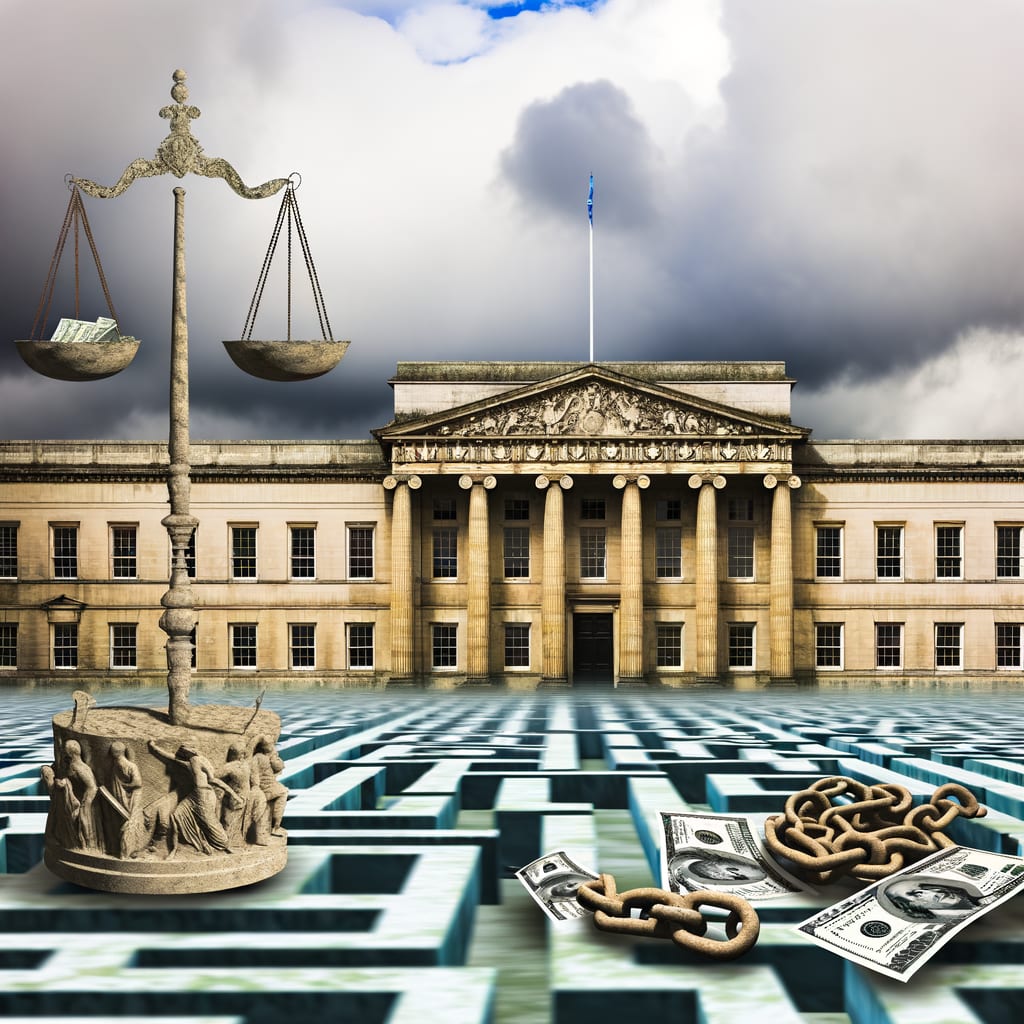Trump Reverses Immigration Policies Amid Economic and Crime Concerns
In a series of unexpected reversals, President Donald Trump has been walking back some significant immigration policies due to his economic agenda, sparking the ire of his far-right allies, as reported by the New York Times. These changes come against the backdrop of heightened tensions in immigrant communities, following increased immigration raids and controversial court rulings.
Background and Context
Immigrant communities in Los Angeles have been living in fear, as federal agents threaten to 'flood the zone' with immigration raids, following a supreme court ruling that allows for warrantless raids and racial profiling, according to The Guardian. While a temporary restraining order has slowed the raids, it has not stopped them entirely. This situation is not exclusive to Los Angeles. According to Folha de S.Paulo, cities with a majority of black and Latino populations have been targeted for intervention as part of Trump's anti-immigration campaign.
In Chicago, Latino leaders have condemned Immigration and Customs Enforcement (ICE) for the fatal shooting of a driver, further intensifying tensions in immigrant communities, as reported by Clarin.
Key Developments
Trump has been using high-profile crimes committed by immigrants as a reason to tighten immigration policies. The Hindu and Fox News reported on the murder of an Indian-origin motel manager in Dallas, allegedly committed by a Cuban national with a history of arrests in the U.S. Trump blamed the tragedy on the lenient policies of former President Joe Biden and vowed an immigration crackdown.
In response to the murder and other similar incidents, Trump has threatened to 'federalise' Washington D.C., and potentially other cities, over immigration disputes, as reported by the South China Morning Post and ANSA. He has also accelerated plans to deploy National Guard soldiers across the country, a strategy seen as a response to crime and part of his broader anti-immigration campaign.
Legal Implications and Reactions
Despite a federal judge ruling that the deployment of the National Guard violated the Posse Comitatus Act, legal experts predict Trump could win the National Guard battle, Fox News reported. The Supreme Court has sided with Trump in temporary rulings this year, suggesting his unconventional use of the National Guard may be sanctioned.
At the same time, a federal judge ruled that ICE can continue making courthouse arrests in New York City, shutting down a challenge brought by the ACLU and immigrant rights groups, as reported by Fox News.
Meanwhile, Trump's recruitment push for ICE has generated over 141,000 job applications and 18,000 tentative job offers since the campaign started at the end of July, according to Fox News.
Current Status
Trump's approach to immigration continues to be a topic of heated debate and legal challenges. His recent reversals on immigration policies, combined with his aggressive stance on crime and his economic agenda, continue to shape the national conversation in the lead-up to the next election. As the situation evolves, the implications for immigrant communities and the nation as a whole remain to be seen.

